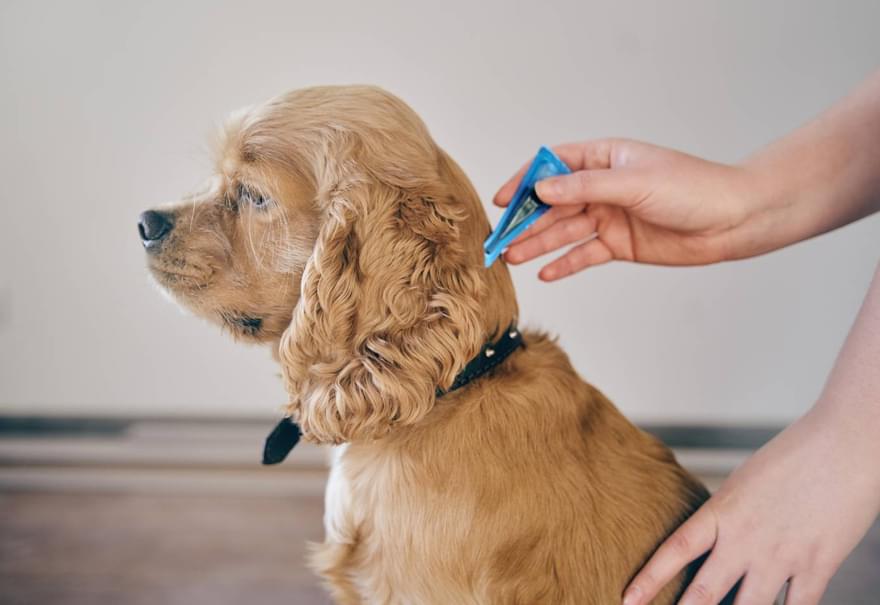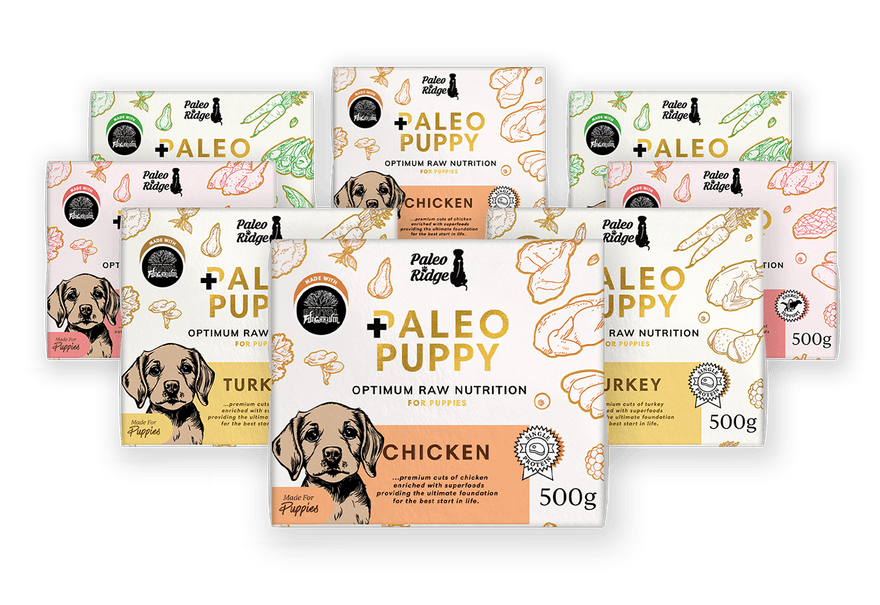Autoimmune issue like symmetrical lupoid onychodystrophy (SLO), lupus and arthritis can be partly hereditary and cause hypersensitivity. This causes immune cells to attack and destroy healthy cells.
Autoimmune disorders: can supress or completely disable the immune system and may be genetic or acquired. Acquired forms are more common and include cancers. In these cases, their bodies defences are so reduced that it becomes highly susceptible to illness from invading pathogens or antigens.
Age: as your dog gets older, their internal organs may become less efficient. Immune-related organs like bone marrow or the thymus, often don't produce enough immune cells to fight off infections. Getting older is sometimes associated with micronutrient deficiencies, leading to a decline in immune function.
Environmental toxins: like pesticides, herbicides (Glyphosates) and pollution, can negatively impact the normal activity of immune cells.
Obesity: is associated with chronic inflammation. Fat tissue produces cells that can promote inflammatory processes.
Malnutrition: or a diet lacking in nutrients can impact the production of immune cells and antibodies. Diets that are limited in variety and lower in nutrients, such as consisting primarily of ultra-processed foods and lacking in minimally processed foods, can negatively affect a healthy immune system.
Microbiome: is composed of trillions of micro-organisms or microbes that live in ours as well as dogs bodies. The microbiome plays a very important role in supporting the immune system. A mucosal membrane lines your dog’s intestinal tract. This membrane contain the GALT (gut-associated lymphoid tissue). The GALT has special immune cells, such as lymphocytes, T and B cells. The GALT and microbiome work closely together to form up to 90% of your dog’s immune system. These cells are the main workers in the immune system. GALT is the largest organ in your dogs immune system as it is so critical. Your dog’s microbiome plays a key role not just in his nutrition, but in his health and happiness. Diet plays a large role in determining what kinds of microbes live in the intestines.
Chemical wormers, flea treatments and over vaccination: We must add a cautionary note regarding the over use of chemical wormers, flea treatments and vaccinations. As humans, we do not regularly take antibiotics, just in case we get a cold or infection. We are not advised to worm ourselves regularly as we live in close proximity to our dogs (and pick up poop). We also do not need to regularly vaccinate ourselves against an array of possible threats. Why is it then, that vets advise the routine use of harsh drugs on our dogs? If your dog does not have worms, why would you worm them? If they have no fleas, why put a vey toxic chemical treatment on them monthly?



